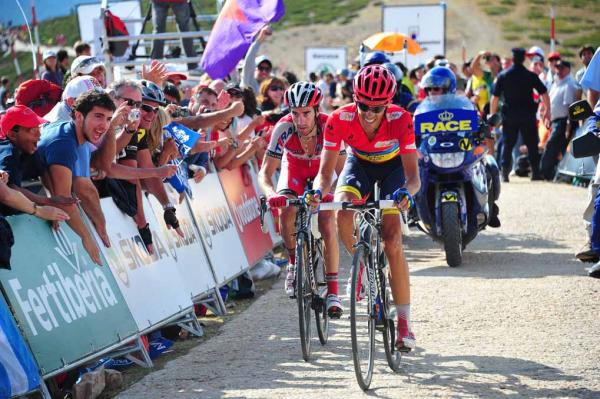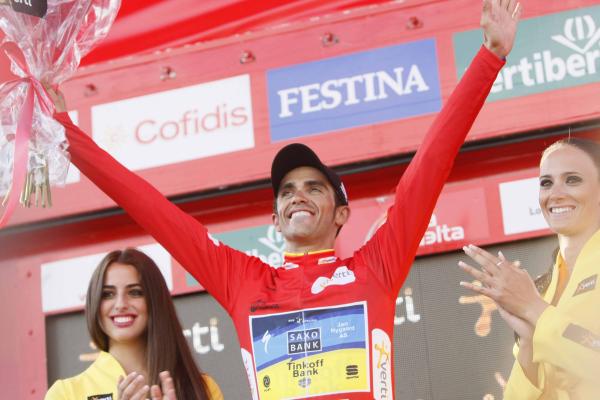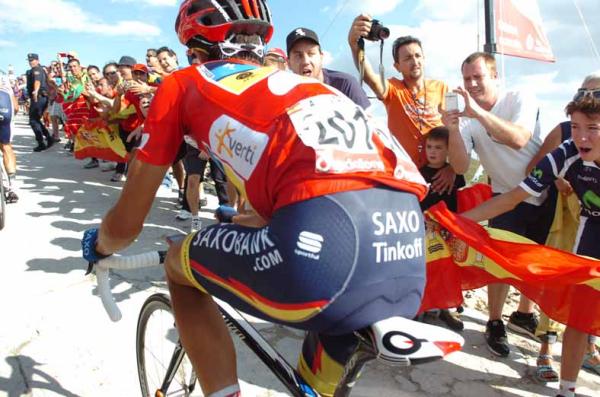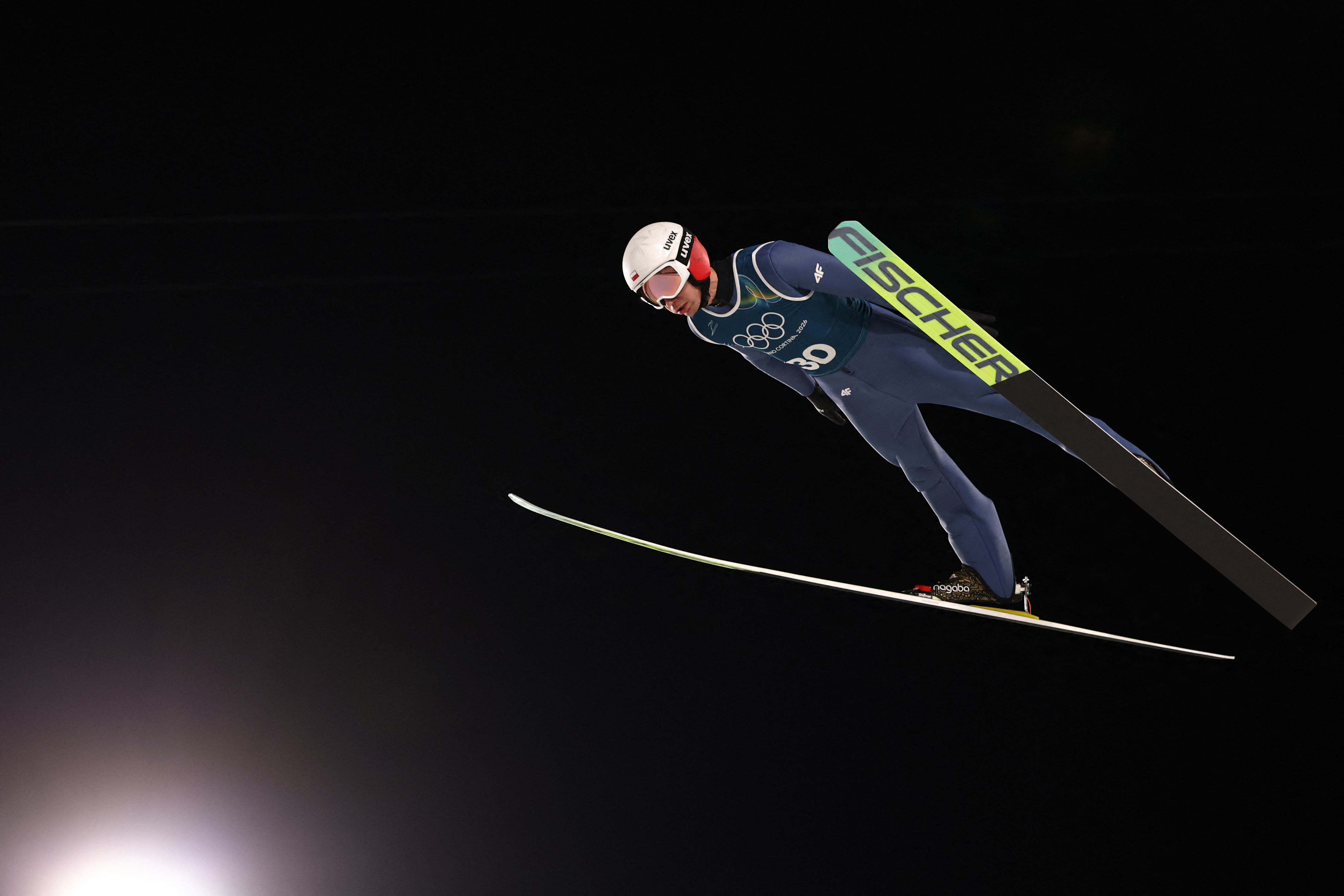Contador: I won through bravery and refusing to conform
Madrileño says still can’t believe has won second Vuelta
The latest race content, interviews, features, reviews and expert buying guides, direct to your inbox!
You are now subscribed
Your newsletter sign-up was successful



Alberto Contador (Saxo Bank-Tinkoff Bank) is now on the point of claiming his second Vuelta a España and his fifth Grand Tour. But as the 29-year-old from the small town of Pinto just outside Madrid said in a long (virtual) winner’s press conference after the Bola del Mundo stage, he is having a hard time believing that he is really going to win it.
Whilst Saturday’s final mountain top stage was almost so hard it was impossible for riders to establish big differences, Contador’s overall victory was essentially captured as a result of his long-distance attack on stage 17 to Fuente Dé. In effect, his long lone charge to the summit of the second category climb became a flat (ish) time trial, where he ousted Rodriguez, impossible to beat on the mountain climbs, from the race lead.
Clearly ring-rusty after what was effectively a six-month ban, when asked if he had won by being courageous (and attacking at Fuente Dé), rather than by being strong, Contador said, “maybe I won through bravery, refusing to conform and because of the way I approach racing, too.”
“Many times they said Contador was the big favourite, but I knew how hard it would be. I’ve won this Vuelta after a long time away from racing and there were moments when I thought it was difficult. But as I said in the second rest day, I thought I could do it.”
“If I hadn’t believed in my chances, then I’d have just stuck with my second place. And I wouldn’t have attacked at Fuente Dé.”
As for Saturday’s final stage, Contador described it as “very tough. Katusha put people (Denis Menchov and Mikhail Ignatyev) ahead, but we stayed calm and the team was great.”
“I knew I had to control Joaquim [Rodriguez - Katusha] and [Alejandro] Valverde [Movistar], but every kilometre I was getting closer and closer. And now - apart from tomorrow - I have got this [overall] victory.”
The latest race content, interviews, features, reviews and expert buying guides, direct to your inbox!
“When Joaquim attacked on the Bola del Mundo I knew the differences would be minimal because I’ve studied the results from 2010. I really enjoyed this stage, so many people were out there supporting me and the other riders, and I will always remember it.”
Contador said he had no message for the people who had not trusted in his ability to return to his previous high level of racing. “No, nothing like that, just to say thank you to the people who have supported me throughout this time.”
Was Rodríguez his toughest rival that he’s had to face in all his Grand Tour victories? “No, I would say the rival who was toughest was myself. Purito [Rodriguez] was always there and was very hard to beat, but I have to remember the Giro of 2008, which was very close at times, and the Vuelta of the same year which Levi [Leipheimer] almost snaffled off me. They’ve all been difficult.”
Contador broke into a broad grin after a journalist said that he didn’t look particularly happy to be winning his fifth Grand Tour. “I am, really,” he responded, “I don’t remember getting so emotional about a win since the Tour Down Under [in 2005, when he came back and won a stage after brain surgery over the previous winter.].”
“I still can’t believe I’ve won it, to tell the truth. I think it’s been a very beautiful, well-fought Vuelta, and one which is a success for cycling in general.”
Of all his rivals, he singled out Chris Froome (Sky) for “having come here and fighting so hard for the Vuelta. He did an amazing Tour de France, and if the Tour is on my calendar next year, then I expect he will be one of my rivals.”
This year was “Alberto Contador, Madrid 2012” one journalist said, so would next year be “Alberto Contador, Paris 2013”?
“Why not?” he said, “It’s possible, but Paris 2013 is a long way away. For now, I’m focused on Madrid, 2012.”
Alasdair Fotheringham has been reporting on cycling since 1991. He has covered every Tour de France since 1992 bar one, as well as numerous other bike races of all shapes and sizes, ranging from the Olympic Games in 2008 to the now sadly defunct Subida a Urkiola hill climb in Spain. As well as working for Cyclingnews, he has also written for The Independent, The Guardian, ProCycling, The Express and Reuters.

